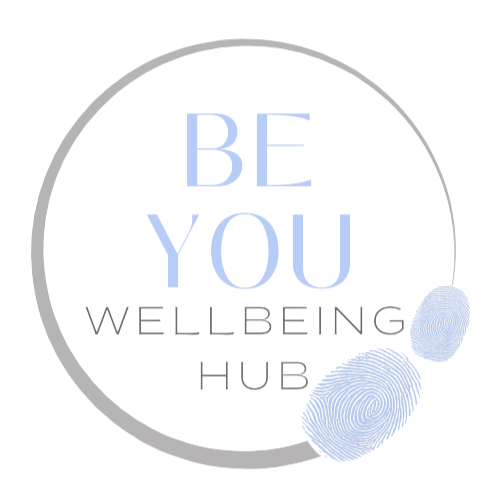Counselling or Coaching?
Whether to seek coaching or counselling/therapy is a query I get asked frequently. I get asked: “I’m experiencing these challenges… what should I do?” and the poor individual is often frustrated when I tell them it’s rarely completely black and white and that they need to make the decision for themselves.
However, I am normally kind enough to explain my understanding of the similarities and differences between the two to support that decision making process. With it having been Mental Health Awareness Week recently, which often this can lead to an increase in people reaching out for support, I thought I’d write a lot of what I say down in a short blog post. I’m aware there will be people on both sides of the proverbial fence who may not wholly agree with my thoughts, the line between the two forms of support is becoming increasingly less distinct, but here we go:
Similarities between coaching and counselling/therapy:
I thought it was easier to begin with what they have in common and one of the most important aspects of that is a confidential, judgement-free space for self-discovery. Coaches, therapists and counsellors are all trained to be exceptionally good listeners so that you can feel seen and heard whilst with them. We’re also trained to hold our clients in unconditional positive regard, this is a beautiful process whereby we believe that the people we work with are worthy, valuable and capable exactly as they are (even when they don’t believe it themselves).
We all work to help clients gain acceptance of what is going on in the present, including awareness of their strengths as well as any areas they’d like to work on. An important part of all processes is also supporting clarity around what is important to the individual, including understanding of their values. Finally, we all help enable recognition of how some existing beliefs might be holding a client back. I’m sure there are others but for me these are the basic principles that cross over between the different practices.
So, what are the differences?
Coaching focuses on the present and the future to help growth and personal development and the realisation of potential, whilst counselling or therapy tends to support past and current mental health issues to provide relief from psychological distress. Counselling/therapy often involves unpacking previous and present life experiences to support greater understanding and self-compassion, whilst coaching does not dig deep into past events.
During a coaching relationship clients generate solutions and agreed actions to take between sessions to overcome present challenges, whilst in counselling/therapy exercises may be given but that will be practitioner dependent.
To oversimplify it…
Choose coaching if:
- You’re ready to move forward and prepared for accountability to support that.
-You want to feel empowered to create solutions and take action.
Choose counselling/therapy if:
- Stories from either your present and/or your past keep coming up and you’re seeking understanding and healing.
- You’re in psychological distress and finding maintaining good mental health difficult.
